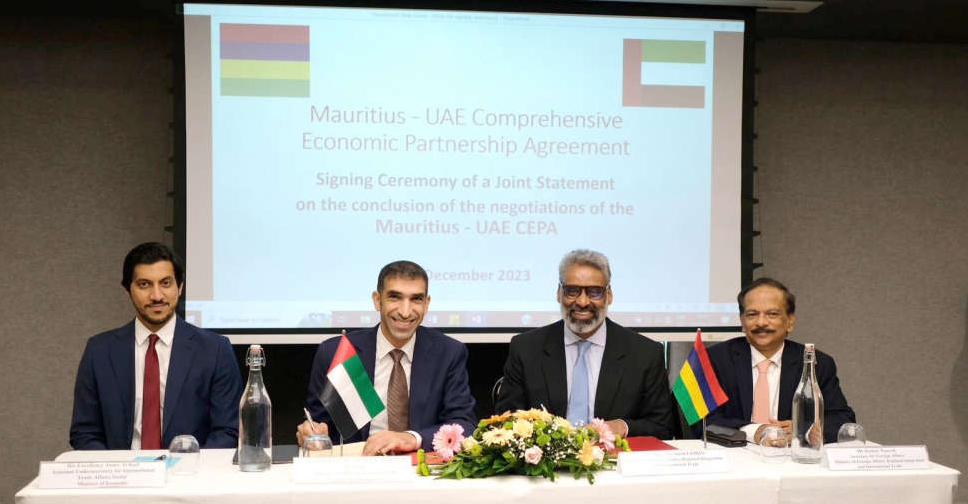
The UAE has concluded the terms of a Comprehensive Economic Partnership Agreement (CEPA) with Mauritius, marking the first with an African nation.
This paves the way for increased trade and investment flows and bilateral private-sector collaboration.
The conclusion of negotiations, which came just four months following the first round of talks, was confirmed by the signing of a joint statement in Mauritius by Dr. Thani bin Ahmed Al Zeyoudi, UAE Minister of State for Foreign Trade, and Maneesh Gobin, Minister of Foreign Affairs, Regional Integration and International Trade of Mauritius.
The CEPA builds on almost five decades of ties and more recent foundations, including the opening of the Dubai office of the Mauritius Economic Development Board.
Once implemented, the agreement will accelerate robust growth in non-oil bilateral trade between the UAE and Mauritius, which in H1 2023 stood at $63.1 million, with opportunities strongest in the chemicals, metals and petroleum products sectors.
The CEPA programme is a key pillar of the UAE's growth strategy, which targets AED 4 trillion in total trade value by 2031 and doubling the size of the wider economy by 2030.
To date, signed deals in the programme span the Middle East, Southeast Asia, Eastern Europe and Latin America – and encompass almost a quarter of the world’s population.
The UAE-Mauritius CEPA will enter into force following the successful ratification process by both sides.
The Mauritius economy, one of the most promising in Africa, posted 8.5 per cent GDP growth in 2022 — the fastest in 35 years.
Among others, its services sector, which accounts for 67 per cent of the GDP, offers vast potential for UAE businesses specialised in telecommunications, computer and information services, travel, transport, and financial services and who are looking to expand into the Africa region.
The deal is also expected to drive FDI into fintech, healthcare and tourism sectors.




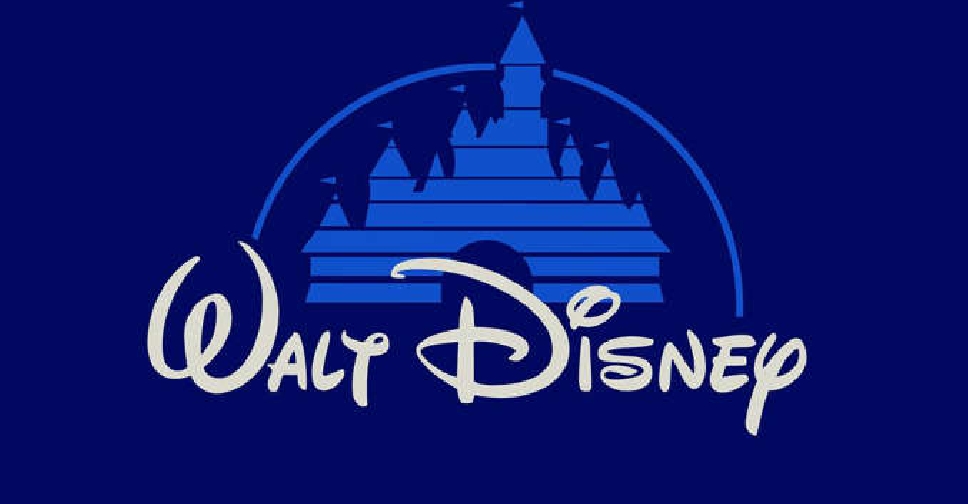 Disney settles suit over women's pay for $43 million
Disney settles suit over women's pay for $43 million
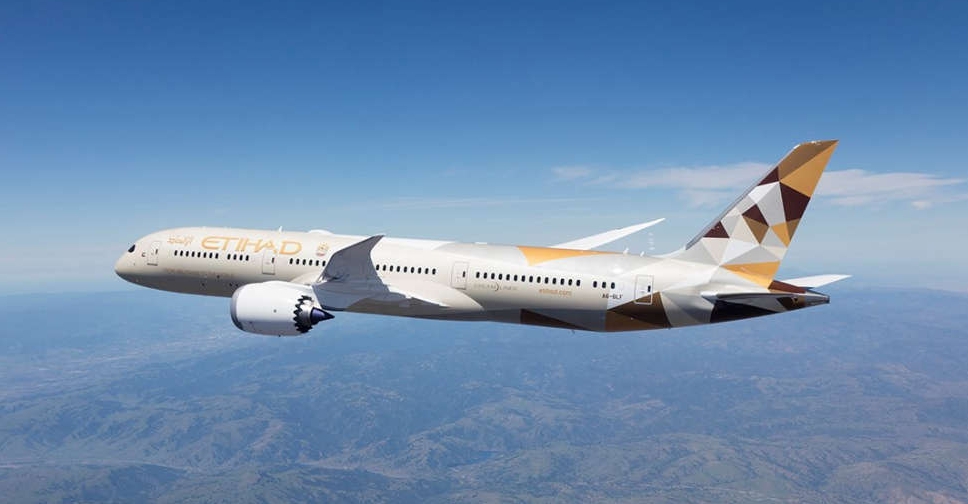 Etihad Airways adds ten new destinations for 2025
Etihad Airways adds ten new destinations for 2025
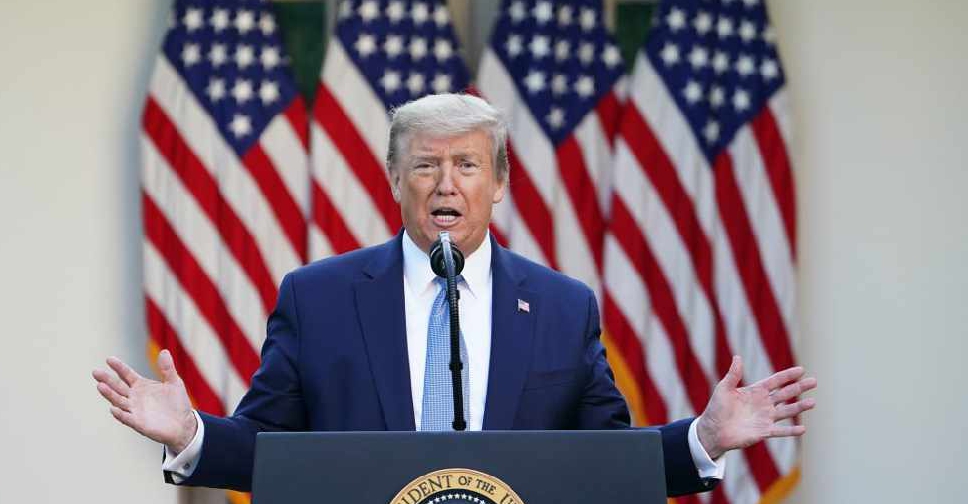 Trump pledges new tariffs on Canada, Mexico, China
Trump pledges new tariffs on Canada, Mexico, China
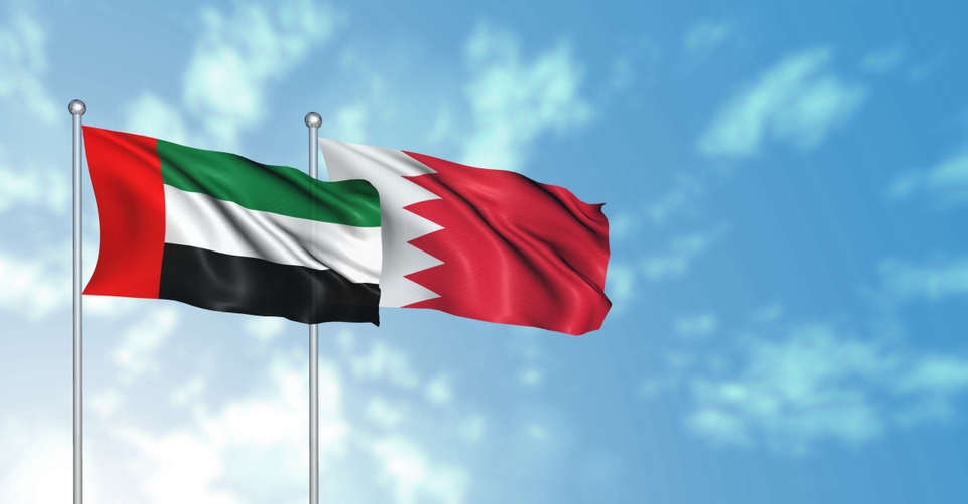 UAE and Bahrain finalise ICV programmes procedures
UAE and Bahrain finalise ICV programmes procedures

